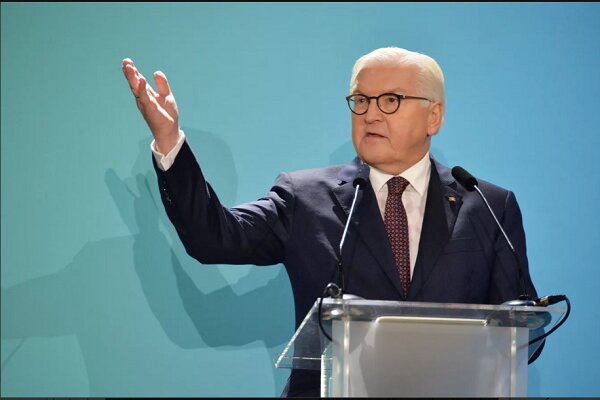The dissolution of the German parliament and the announcement of early elections

report Mehr News Agency quoted by Al Jazeera, German President Frank-Walter Steinmeier announced the dissolution of the parliament today.
He announced the date of holding early elections on February 23 (the fifth of March).
This date has already been agreed upon by the leaders of the Social Democratic Party (SPD) and the Union (CDU/CSU) as the time of the elections. German Chancellor Olaf Schultz asked for a vote of confidence in the country’s parliament on December 16 after the coalition government of the Social Democrats, Greens and Free Democrats (FDP) collapsed in November after nearly three years. He, who, according to his plan and expectation, failed to receive the vote of confidence from the majority, further asked Steinmeier to dissolve the parliament of this country to pave the way for holding new elections.
According to article 68 of the constitution, the president of the German federal government can dissolve the parliament within 21 days if the chancellor fails to receive a vote of confidence. Article 39 of the Constitution establishes the legal requirement that new elections must be held within 60 days. Steinmeier spent only 11 days to make a decision and did not use the full 21 days of his legal right.
Steinmeier first consulted with the leaders of political parties and groups after the parliament’s vote of no confidence in the chancellor to check whether it is possible to create a stable political majority in the parliament of this country. has it or not However, it seems that such a possibility is not observed at the moment.
Steinmeier has already announced that his decision criteria will be “stable majorities and an efficient government” and this will be his criteria for evaluation.
Premature dissolution of the parliament is an exception in the history of the Federal Republic of Germany. Since 1949, the issue of vote of confidence has been raised only six times. In three cases including Willy Brandt (Social Democrat) in 1972, Helmut Kohl (Christian Democrat) in 1982 and Gerhard Schröder (Social Democrat) in 2005, the legislative period ended prematurely.
German parties are currently preparing to run for re-election. On January 11 and 12, the Social Democratic and Alternative for Germany (AFD) parties will introduce their proposed candidates for chancellorship and approve their election programs.
Various parties will also hold their party congresses in January and February. It is also said that the first televised debate between incumbent Chancellor Olaf Schultz and his challenger Friedrich Mertes of the Christian Democratic Party will be broadcast on ARD and ZDF on February 9. The RTL channel also invited the two to its television studio for a debate a week later.
According to political observers, the final session of the German Parliament before the elections will probably become a stage for election campaigns. A meeting for public discussion is scheduled to be held in the parliament of this country on February 11.
There is currently no indication that MPs will appeal the dissolution of the Bundestag (German parliament) to the Federal Constitutional Court. In 1982 and 2005, after the dissolution of the parliament, some politicians sued the court for violating their rights of representation, but they did not succeed.
Regardless of the outcome of the election, one thing will be clear in the upcoming elections: the composition of the new Bundestag will be different from the previous one. Most importantly, the Bundestag will be much smaller. According to the amendments to the election law, the number of seats will be limited to 630. This is achieved by removing additional and compensatory seats. As a comparison, in 2021, 735 representatives were admitted to the Bundestag.


